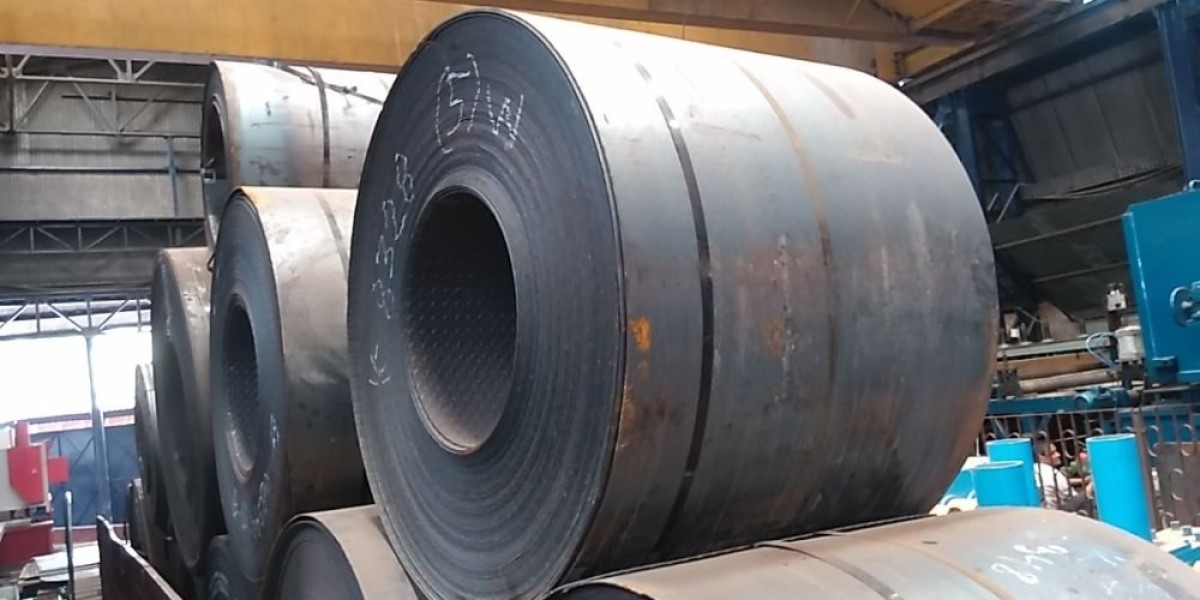Originally published by Quantzig: Zero Waste Solution: Effective Food Waste Management with Data Analytics
The staggering scale of global food waste demands innovative solutions. With approximately 1.3 billion tons of food lost or wasted annually, the urgency to address this issue has never been greater. Beyond environmental concerns, food waste emits greenhouse gases, exacerbating climate change. From producers to consumers, every link in the food chain contributes to this dilemma. Forward-thinking businesses are leveraging advanced technology, particularly data analytics, to tackle this challenge head-on.
Harnessing big data and waste management analytics provides real-time insights into the organic waste stream, empowering businesses to identify inefficiencies and drive immediate improvements. By measuring and optimizing food waste management processes, companies not only align with environmental imperatives but also unlock operational efficiencies, informing decisions across purchasing, production, and logistics.
How Data Analytics Transforms Food Waste Management
- Streamlining Supply Chain Operations
Data analytics offers a comprehensive view of the supply chain, enabling businesses to pinpoint bottlenecks, reduce transit times, and optimize logistics. By integrating real-time data with waste analytics, companies minimize perishable goods' transit time, ensuring fresher products reach consumers. IoT devices and sensors in transportation vehicles enhance this process, continuously monitoring environmental conditions to prevent spoilage.
- Implementing Dynamic Pricing Strategies
Dynamic pricing, driven by data analytics, optimizes inventory nearing expiration. Real-time adjustments based on shelf life and demand incentivize consumers to purchase items before they become unsellable. This not only reduces waste but also enhances revenue streams by extracting value from products at risk of being discarded.
- Educating and Engaging Consumers
Analyzing consumer behavior enables targeted marketing campaigns that promote responsible consumption and highlight the importance of waste reduction. By empowering consumers with knowledge, businesses foster a culture of waste consciousness, driving collective efforts to minimize waste at the consumer level.
- Optimizing Inventory Levels
Data analytics predicts demand fluctuations, allowing businesses to maintain optimal inventory levels and minimize waste. By aligning production with anticipated demand, companies reduce the environmental and cost implications of surplus inventory.
- Forecasting Demand Changes
Analyzing seasonal trends and consumer preferences enables retailers to anticipate shifts in demand, minimizing waste through proactive planning and promotional strategies.
A Case in Point: Tesco's Analytics-Driven Approach to Food Waste Management
Tesco, a leading multinational retailer, exemplifies the transformative power of waste management analytics. Faced with the challenge of optimizing its vast supply chain to minimize food waste, Tesco embraced a data-driven strategy. Leveraging advanced analytics and extensive datasets, Tesco developed algorithms that integrate weather forecasts to predict shifts in food demand accurately.
By aligning inventory with dynamic demand patterns influenced by weather variations, Tesco significantly reduced food waste across its stores. This not only advances sustainability goals but also yields economic benefits through improved efficiency and profitability.
Tesco's success underscores the pivotal role of analytics in addressing complex challenges like food waste management. By embracing data-driven strategies, businesses can drive positive environmental and economic outcomes while reshaping the future of food waste management.
In summary, waste management data analytics represents a paradigm shift in addressing food waste. From optimizing supply chains to engaging consumers and forecasting demand, analytics empower businesses to turn waste into opportunity, forging a more sustainable future for the food industry.








